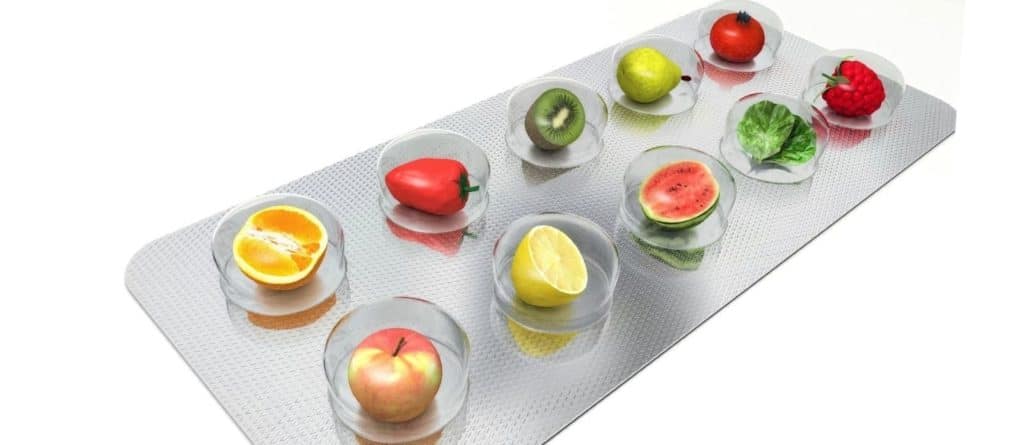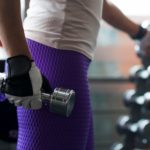
Bianca Koper
(Bachelor of Sport and Recreation, Sport and Exercise Science)
We all like to have more energy throughout the day and this is quite important when doing exercise and working out. If we want to build muscle and have more energy in a natural way, then we should look for natural supplements.
Three most common natural ingredients that we can use as natural performance enhancers are caffeine, beetroot juice and baking soda.
How Beet juice can improve our athletic performance
Beetroot contains a particularly high content of nitrate which is easily accessible through drinking juice. There are many benefits nitrate has on the body, but its role as vasodilator specifically benefits endurance and team sports athletes.
When nitrate enters the body it is converted into nitric oxide (NO). As a vasodilator, it opens the blood vessels, allowing more blood and oxygen to be delivered to the muscles. It also reduces the energy cost of exercise and may positively affect muscle contraction.
Due to this, athletes training or competing at altitude (low oxygen environments) also reap the benefits and experience performance enhancing effects.[1]
There is still a lot to learn in this area about dosage, however, research to date uses variable amounts ranging from 300-600mg nitrate.
This translates into a minimum of 500ml beetroot juice or 70ml of a concentrated shot.[1]
Coffee and Exercise - boost your cognitive and physical performance
Caffeine is a naturally occurring stimulant found in leaves, nuts and seeds that are commonly consumed through coffee, tea, cola and energy drinks.
Caffeine influences the central nervous system which reduces the perception of effort. This gives the feeling of an exercise being easier than normal. It may also reduce the perception of fatigue, making you feel more awake throughout your training. These benefits are likely to occur across a range of sports and activities lasting from 1-60 minutes.[2,3]
Benefits can be seen with moderate amounts of caffeine which is 1-3mg of caffeine per kg bodyweight (e.g. 65-195mg for a 65kg athlete, approximately 1 small – 1 large cup of coffee)[4]. If drinking caffeinated drinks, look on the back of the package to read the nutrition label. This will clearly show the amounts of added caffeine.
Use of caffeine in sports performance is a daily thing for most, but coffee also improves working memory and memory performance. Low amounts of caffeine (40mg) can help us with different problem solving tasks.
Remember that coffee is a diuretic, so there will be an increase in your dehydration levels.
To learn how to stay hydrated during your exercise or training, read more on Water vs Sports Drinks and which one to choose.
Baking Soda (Sodium Bicarbonate) and working out
The household baking item can be used to bump up any short term, high intensity training. Baking soda, chemically sodium bicarbonate, temporarily increases blood pH levels, acting as a buffer that reduces fatigue.[3,4]
To best understand how baking soda works within the body, it is necessary to understand the concept of pH. The pH scale is used to represent how acidic or alkaline (basic) a solution is. Seven is a neutral state, below is acidic, and above is alkalotic.[5]
Resting arterial blood in a human is approximately 7.4, slightly alkalotic, whereas the human muscle has a pH of 7.0. Different stressors on the body such as eating or exercising move pH away from normal.
During exercise, muscle pH falls down to 6.8, changing the pH balance into a more acidic state. This may reduce your muscles ability to contract and limit your energy production.[6]
Sodium Bicarbonate has a pH of 8.4 which can therefore raise the blood pH. A higher blood pH allows acid to move from the muscles into the bloodstream, returning to a neutral state of 7.0. This neutral state allows the muscles to work optimally without the effect of fatigue.[6]
The recommended serving of sodium bicarbonate as a dietary supplement is about 300mg per kg body weight.[3] It is also the equivalent of 3-5 teaspoons of baking soda taken 1-2 hours before exercise. (Beware, it is extremely salty!).[6]
Before you decide on buying sports supplements, look into your fridge and pantry for some natural enhancers that can work for you! If you intend on using any of these performance enhancers for competition or training purposes, please ask a registered dietitian to monitor the right dosage for your body and athletic needs.
References
(1) Sports Dieticians Australia. (n.d.) Nitrate (Beetroot Juice). https://www.sportsdietitians.com.au/factsheets/supplements/beetroot-juice-nitrate/
(2) Sports Dieticians Australia. (n.d.) Caffeine. https://www.sportsdietitians.com.au/factsheets/supplements/caffeine/
(3) Thomas, D. T., Erdman, K. A., & Burke, L. M. (2016). Nutrition and athletic performance. Med Sci Sports Exerc, 48(3), 543-568. https://www.researchgate.net/publication/297695609_Nutrition_and_Athletic_Performance
(4) Burke, L. M. (2008). Caffeine and sports performance. Applied physiology, nutrition, and metabolism, 33(6), 1319-1334. https://www.researchgate.net/publication/23669680_Caffeine_and_sport_performance
(5) Tom M. McLellan, John A. Caldwell, Harris R. Lieberman, A review of caffeine’s effects on cognitive, physical and occupational performance, Neuroscience & Biobehavioral Reviews, Volume 71, 2016, Pages 294-312, ISSN 0149-7634, https://doi.org/10.1016/j.neubiorev.2016.09.001.
(6) McNaughton, L. R., Siegler, J., & Midgley, A. (2008). Ergogenic effects of sodium bicarbonate. Current sports medicine reports, 7(4), 230-236. https://journals.lww.com/acsm-csmr/Fulltext/2008/07000/Ergogenic_Effects_of_Sodium_Bicarbonate.13.aspx







Fantastic information for athletic performance.